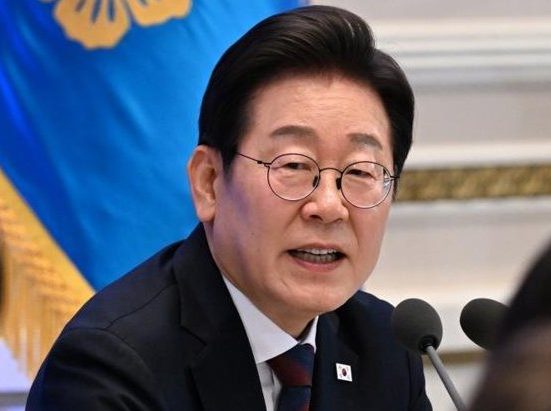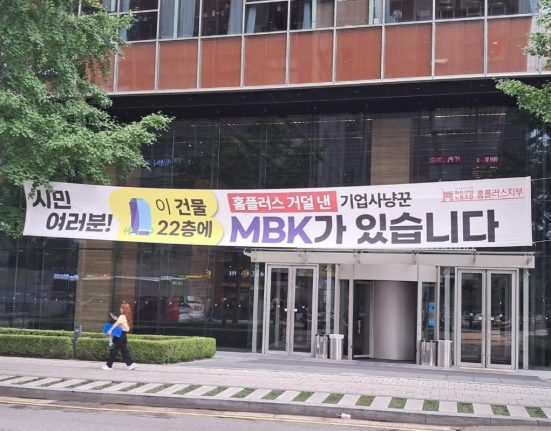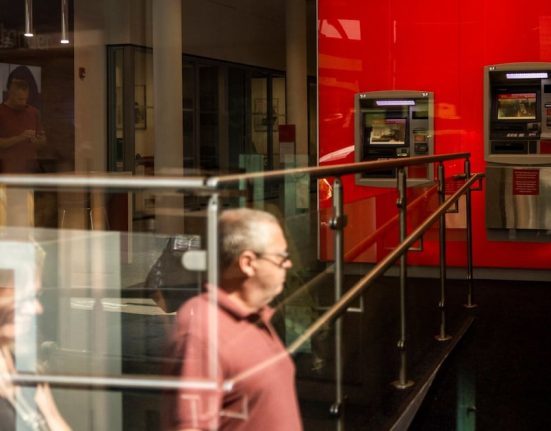
SUN-GAZETTE File Photo
William E. Nichols, Jr. at the Trade and Transit Center II.
Former Williamsport finance director and ex-general manager of the former River Valley Transit pled guilty in Dauphin County Court in Harrisburg on Monday morning to theft by failure to make required disposition of funds and tampering with public records.
William E. Nichols Jr., 72, of Williamsport was sentenced by President Judge Scott A. Evans who imposed a sentence of 12 months’ probation.
“I regret being here, causing harm to the citizens of Williamsport,” Nichols said, speaking in a soft tone.
Although his reputation is admittedly tarnished, Nichols added that he hoped his service would be appreciated. Nichols was represented by attorney Helen A. Stolinas.
Prosecutor Brian Zarallo, chief state Deputy Attorney General, said the felony 2 theft and felony 3 tampering came out of the grand jury presentment.
This arose from conduct between 2013 and shortly into 2020. Nichols was fired by Mayor Derek Slaughter.
The scheme, which showed no evidence of Nichols gaining personally, occurred while he was simultaneously city finance director and general manager of the former River Valley Transit (RVT) when RVT was a part of the city and not an authority, as well as his being on the board of the non-profit simulated paddle wheel riverboat, the Hiawatha, which floats on trips on the West Branch of the Susquehanna River.
Nichols oversaw a scheme to utilize “restricted” grant funds from the Pennsylvania Department of Transportation and the federal government, Zarallo said. The city has recently agreed to pay back $1.4 million to the Federal Transit Administration.
He regularly used these funds for other “non-transit projects” making it appear transportation budgets had money, co-mingling them in a “utility” fund, Zarallo said. Also in court was Kevin Schofield, the lead investigator, who arrested Nichols.
The co-mingling of funds made accounting of them difficult, Zarallo said.
Over a period of seven years Nichols diverted non-transit funds to the riverboat.
This included $122,000 of insurance bills paid for through city funds.
He “altered invoices,” paid “ghost employees” or individuals who worked in the city and who had no responsibility for transit and paid them with money paid for by public funds.
Zarallo requested the sentence include community service such as a constructive project or “even as a consultant to benefit the community.”
Evans said these types of charges usually come with a defendant’s personal benefit.
He did not impose community service.
“He’s done it to a degree this court rarely sees,” Evans said, citing Nichols 42-year career that brought over $100 million in capital improvements.
Nichols’ accomplishments to the bus service over the years was cited. These included the introduction of a compressed natural gas bus fleet and an expansive vision for city transit that began in the 1980s.
This investigation led to termination of certain pension funds, however.
Evans cited Nichols’ years of efforts on projects to increase tourism and improve the downtown.
It was described as an
“altruistic approach with good intentions,” but with funds not designated.
Nichols understood the importance to invest, reinvest and to enhance tourism. He was instrumental in helping establish the Major League Baseball presence during the Little League World Series and was named to the Bowman Field Hall of Fame, Evans said.
He has assisted agencies such as the United Way, Salvation Army and Lycoming County Visitor’s Bureau, the judge said.
“At the heart of his actions was an intent to benefit the city,” Evans said.
“Recidivism doesn’t exist in this case,” he said.







